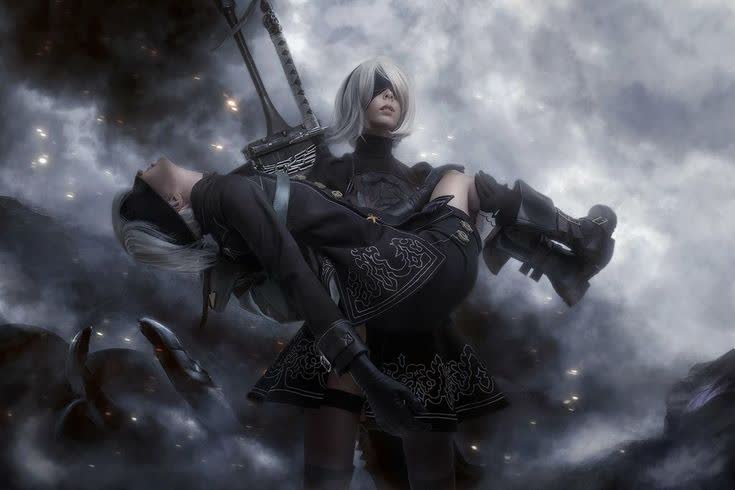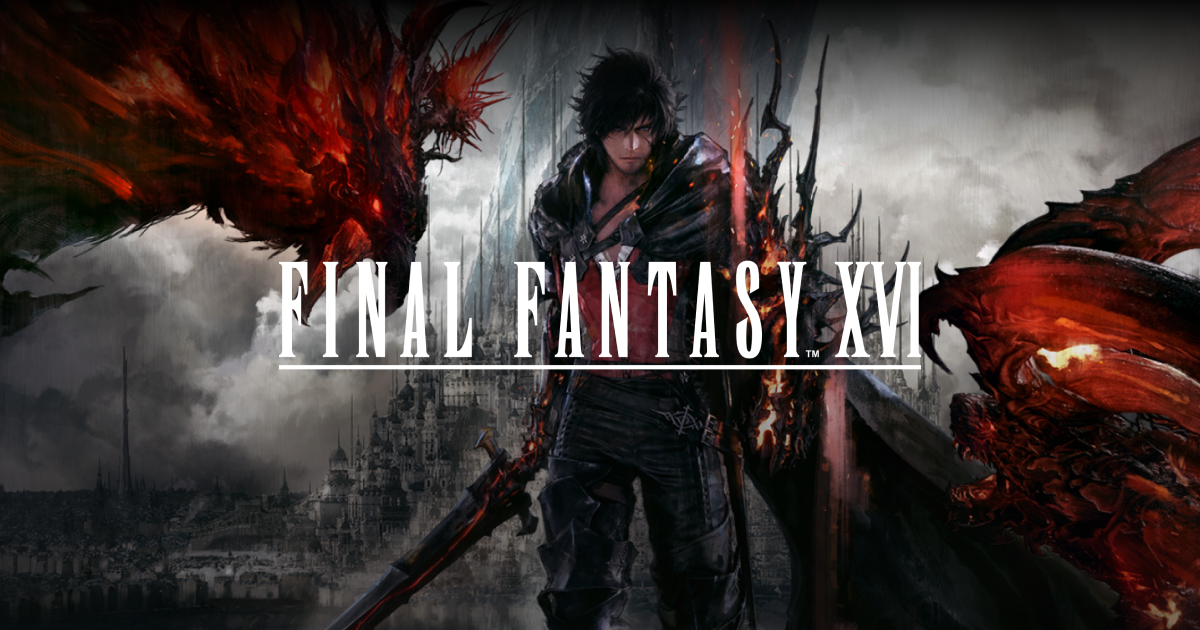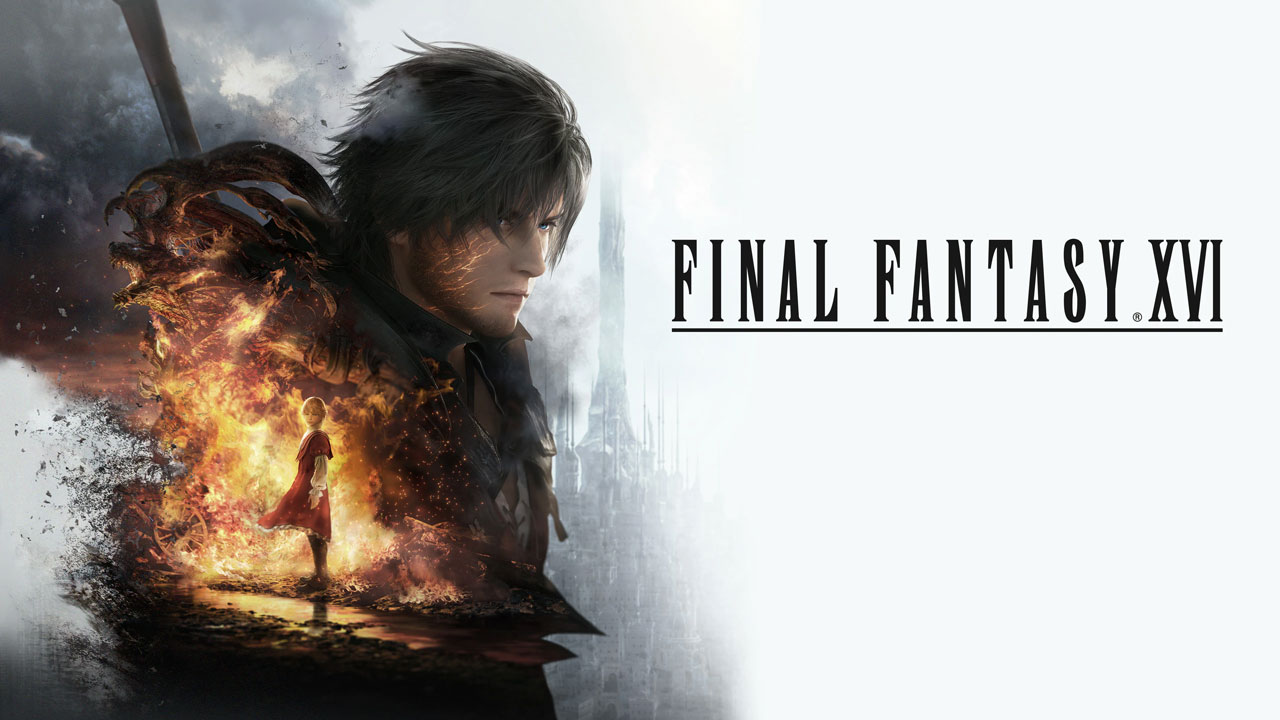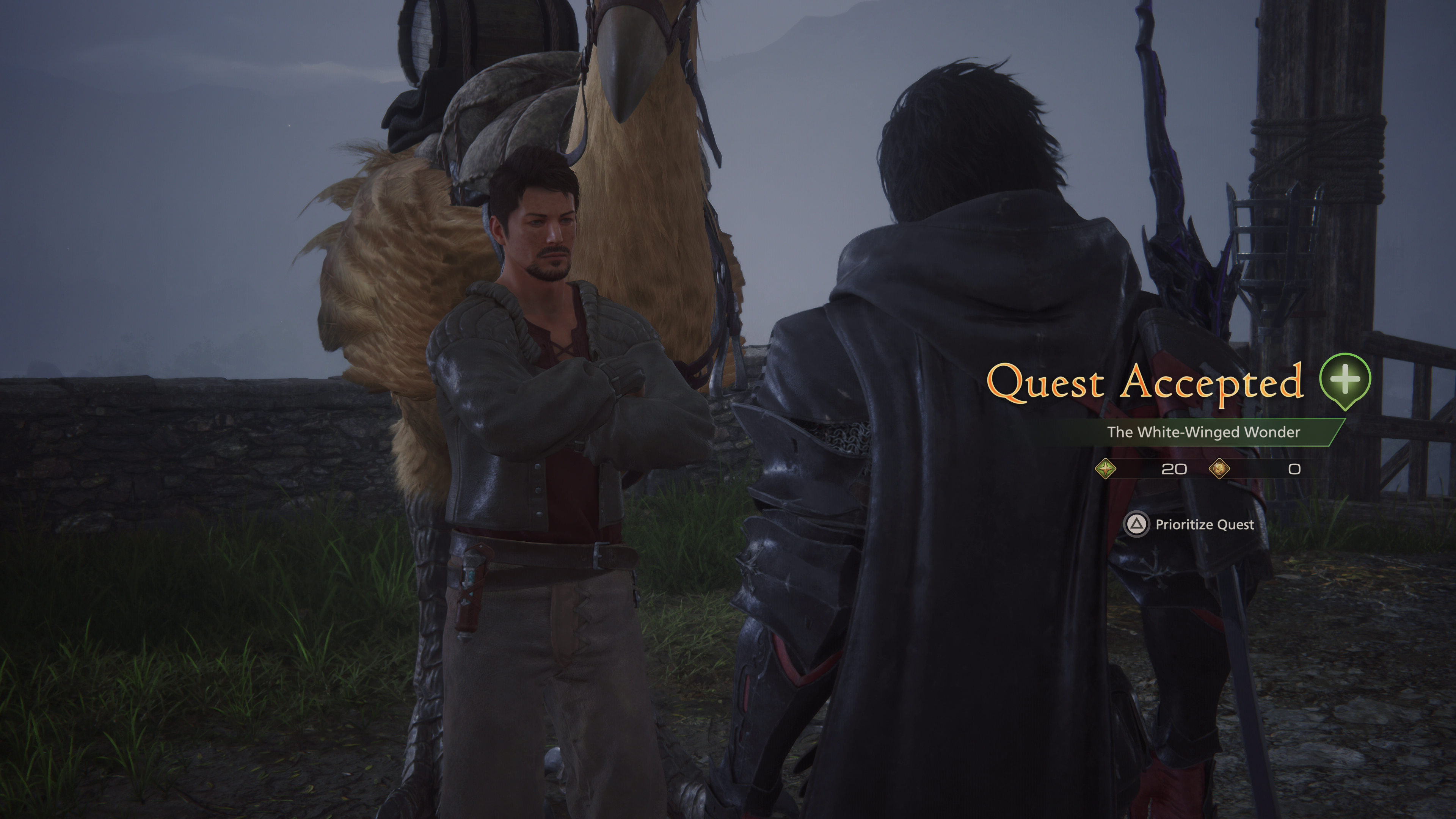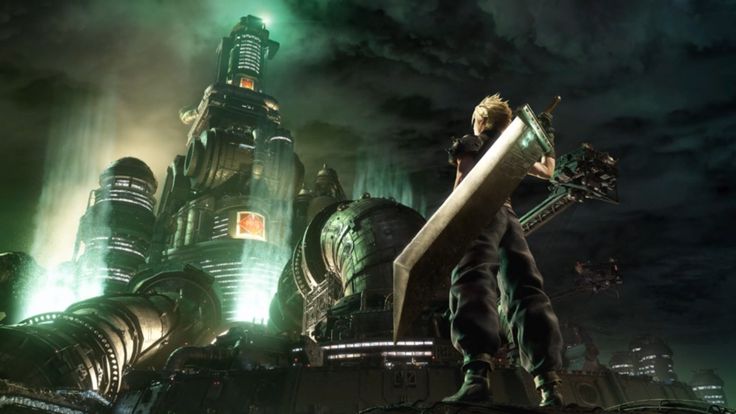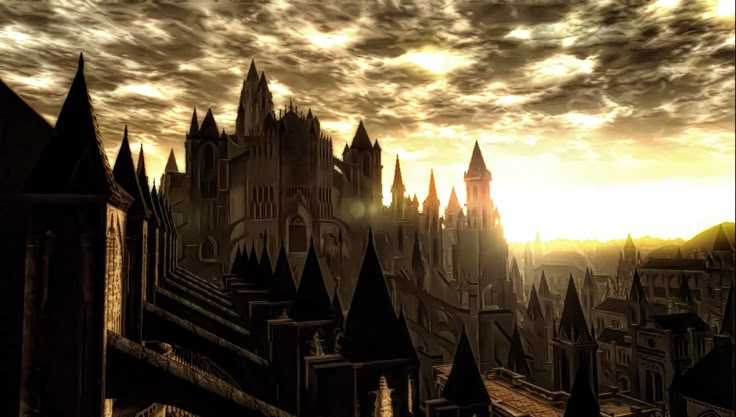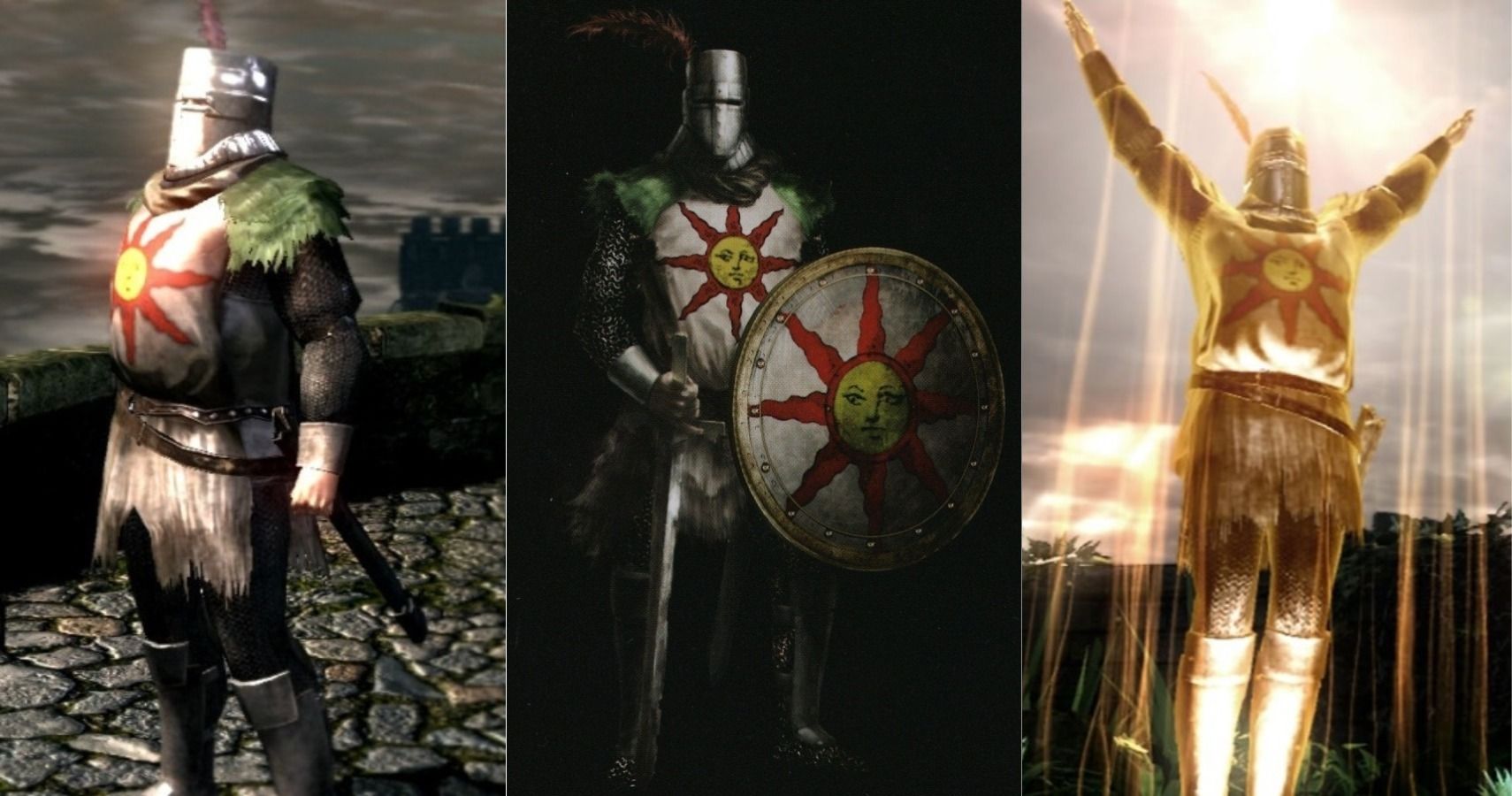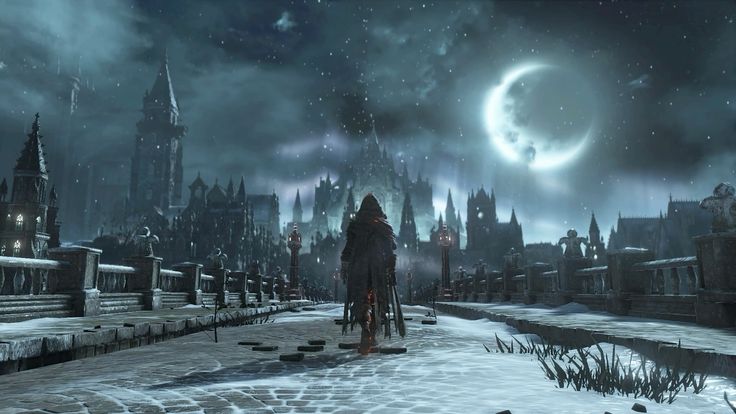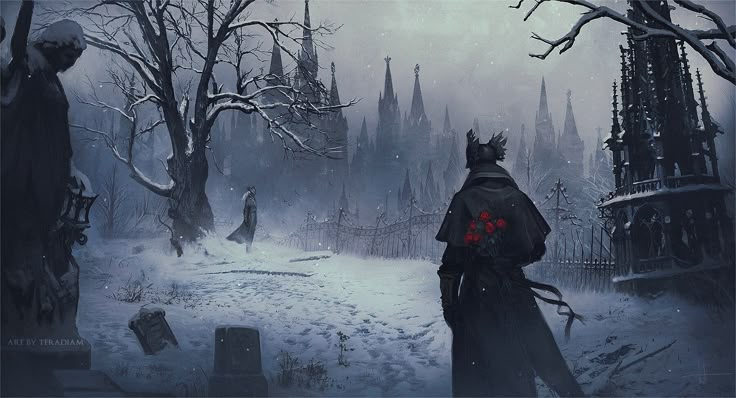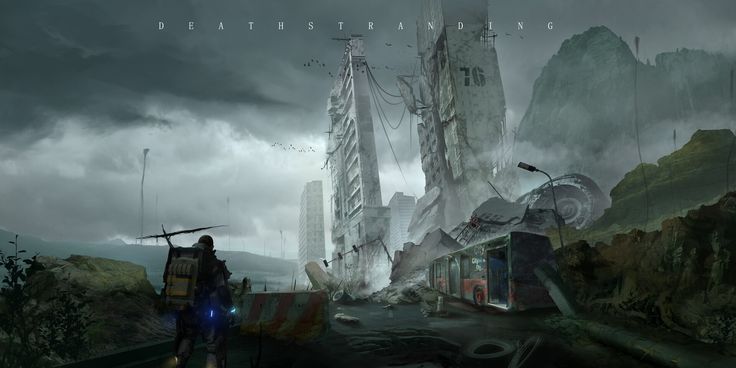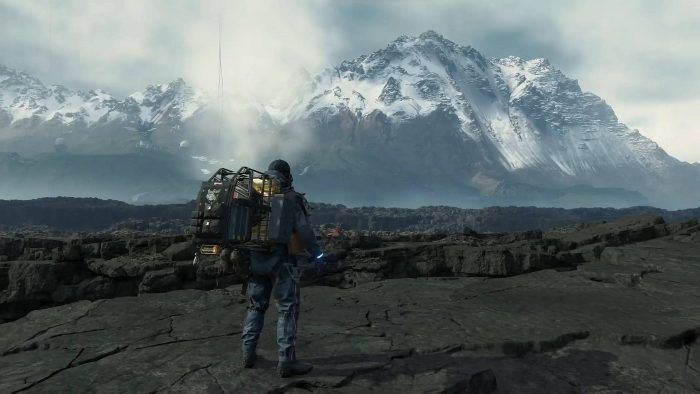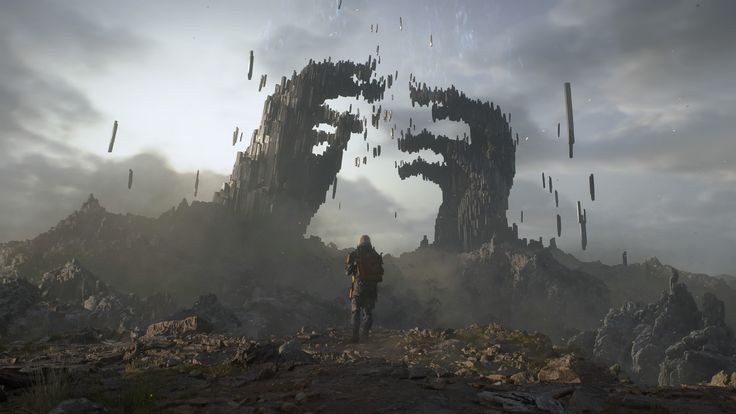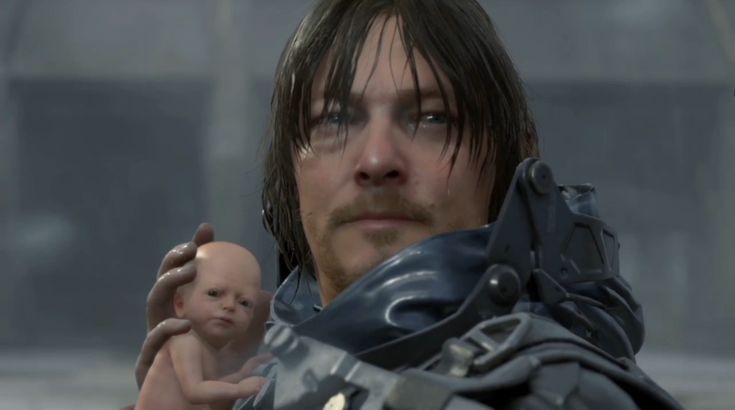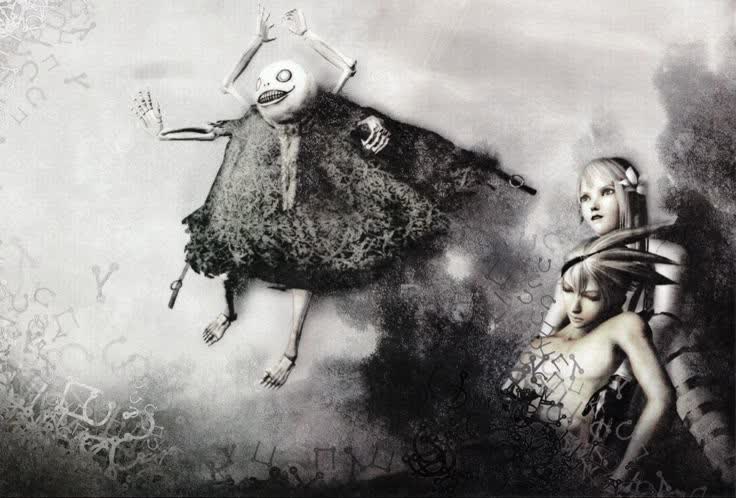Nier: Automata – The Game That Quietly Saved a Generation of Gamers
Introduction
There was a time when gaming lost its way. When once-beautiful worlds were flattened into trend-chasing maps, and stories—once brave and raw—were reduced to background noise behind flashy guns and predictable quests. Everything started to feel the same. Safe. Hollow. Like the heart had been drained from the very thing we loved.
And then... Nier: Automata arrived.
It wasn’t loud. It wasn’t hyped. It didn’t come wrapped in blockbuster marketing or built on the bones of billion-dollar IPs. No, it came quietly—like a whispered question in a room full of noise. But what it asked shook us to our core: What does it mean to exist? To feel? To be human?
In a time when the soul of gaming felt like it was slipping away, *Nier: Automata* reminded us what games could truly be. It wasn’t just about mechanics or graphics—it was about *connection*. It gave us fluid, graceful combat that felt like dancing with purpose. It gave us music that didn’t just accompany scenes—it *haunted* them. And it gave us a story that didn’t ask us to win, but to understand. To grieve. To reflect.
It didn’t follow the rules. It broke them. It changed genres mid-fight, shattered the fourth wall, turned endings into beginnings, and pain into poetry. It didn’t just tell us a story—it invited us into its aching heart and asked us to feel alongside it.
For so many of us—gamers who were growing up, burning out, or quietly giving up—this game wasn’t just entertainment. It was *rescue*. It reminded us that games could still mean something. That they could speak to our fears and hopes and heartbreaks in ways no other medium could.
Nier: Automata wasn’t just a success. It was a lifeline. A spark. A quiet revolution.
And for a generation that needed something real—something beautiful—it was the game that saved us.

How Nier: Automata Became the Soul That Saved Gaming
There was a time—between 2012 and 2017—when video games began to feel… empty. Not because they weren’t polished or impressive, but because they were predictable. Open-world maps turned into endless to-do lists. Shooters blurred into each other, shouting louder but saying less. Games stopped asking questions. They stopped taking risks. And slowly, the wonder that once defined this medium began to slip away.
Then came Nier: Automata—quietly, almost humbly. It didn’t arrive with massive marketing or the weight of a major franchise. It arrived like a whisper… and became a revolution.
To be honest, *Automata* is strange. It doesn’t fit into any one box. It opens like a bullet-hell arcade shooter, shifts into a fluid action RPG, and all the while, it wraps you in a narrative that wrestles with the meaning of existence. It’s philosophical. It’s heartbreaking. It’s weird—and *so* deeply human.
In a world where you play as androids fighting a war with no clear end, created by a species that may no longer exist, the game dares to ask: Why do we keep going? Why do we fight, love, break, hope? And what does it mean to be real, to be alive?
But *Nier: Automata* doesn’t just ask those questions in cutscenes. It builds them into everything you do. The gameplay, the music, the pacing—it all serves something greater. PlatinumGames gave us combat that flows like a dance, but never loses sight of the sorrow beneath the motion. Keiichi Okabe’s music doesn’t just support the experience—it *guides* it, carrying our hearts through moments of silence, chaos, and grief. And through it all, Yoko Taro’s storytelling dares to break every rule we thought games had to follow.
It deletes your save. It changes how you see characters across playthroughs. It rewrites the very idea of “the end.” And somehow, in its boldest moments, it becomes more than a game—it becomes a mirror. One that reflects something quiet and raw inside of us.
Nier: Automata wasn’t just a success—it was a *reminder*. That art has a place in gaming. That it’s okay for a game to be strange, emotional, poetic. That players crave meaning, not just mechanics. And in doing all of this, *Automata* didn’t just breathe life back into an industry that was losing its heart—it reminded *us*, the players, why we fell in love with games in the first place.
It saved something precious. The dreamers. The thinkers. The quiet souls who were starting to believe that maybe, the magic was gone.
But Nier showed us we’re not alone. And sometimes, in a world full of noise, one soft voice is enough to change everything.
Further Records Available — Ready to Discover?
Even after all that’s been revealed, echoes of forgotten truths still linger.
If you're ready… the next fragments are waiting to be found.
More articles from the world of Nier
More articles from the game Final Fantasy
More articles from the Understand Souls
More articles from the game Death Stranding
🎧 Dive Into the Unknown
I’ve recorded a special podcast exploring one of the many deep theories from the world of Nier. While it’s the only episode for now, there’s so much more to discover in the articles below—until the next voice finds its way to you.











